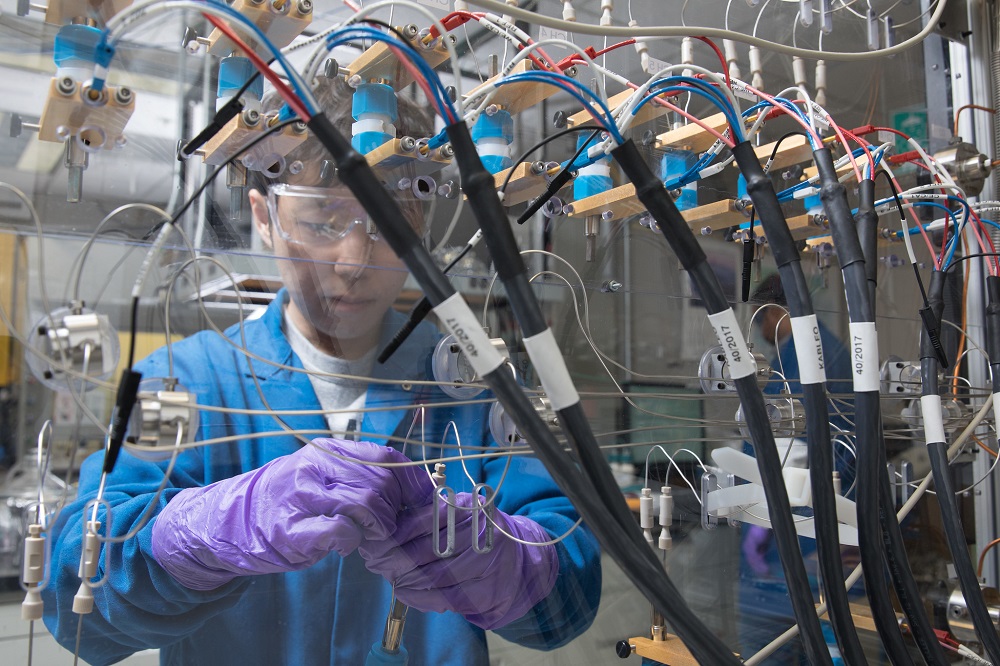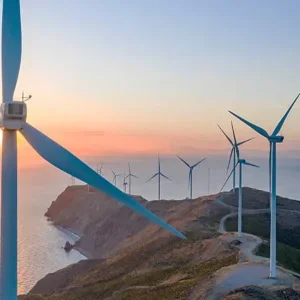
IBM researchers believe they could change the face of chemical energy storage by replacing the heavy metals used in battery production with materials extracted from seawater.
The technology giant says its battery design could “transform the long-term sustainability” of future energy infrastructure, as batteries become an ever-increasingly important aspect of the clean power transition.
Battery storage is an integral aspect of electric vehicles (EVs) and consumer electronics, but the minerals commonly used in its design come with a range of supply chain issues including the environmental impact of their extraction, as well as a chequered history of human rights abuses.
IBM seawater battery could ‘surpass capabilities’ of existing lithium-ion batteries
In a blog post, IBM said: “The materials for this battery are able to be extracted from seawater, laying the groundwork for less invasive sourcing techniques than current material mining methods.
“Just as promising as this new battery’s composition is its performance potential.
“In initial tests, it proved it can be optimised to surpass the capabilities of lithium-ion batteries in a number of individual categories including lower costs, faster charging time, higher power and energy density, strong energy efficiency and low flammability.”
Development of the new battery design is still in an “exploratory stage”, but the concept has the potential make a big impact in the sector.
IBM Research’s vice-president Jeff Wesler confirmed the goal is to have a first working prototype ready within a year, according to the Reuters news agency.
The battery design uses cobalt and nickel-free cathode material, as well as “safe liquid electrolyte with a high flash point”, combining three materials that have never previously been used together in a battery.

IBM claims the battery can reach 80% of charge in less than five minutes, without compromising discharge capacity – an important feature particularly for the EV market, where convenience will be a key aspect of convincing new customers to try electric.
The research was the result of a partnership with Mercedes-Benz, electrolyte supplier Central Glass and battery manufacturer Sidus.
Ethical concerns over cobalt extraction in the Congo
The extractive industry for sourcing the minerals currently used in battery production has been beset by supply chain controversies – particularly where cobalt is concerned.
The world’s largest deposits of the metal are based in the volatile Democratic of Congo region, where mining firms are vying for dominance over the supply of the in-demand metal.
But allegations of human rights abuses, dangerous working conditions and exploitative child labour have tainted the industry’s reputation.
Earlier this week, a class action lawsuit was filed in the US against tech giants Google, Apple, Microsoft, Tesla and Dell specifically over their cobalt supply chains in the Congo – where it is alleged child workers have died and been seriously injured while mining for the mineral’s eventually used in these firms’ electronic goods.






